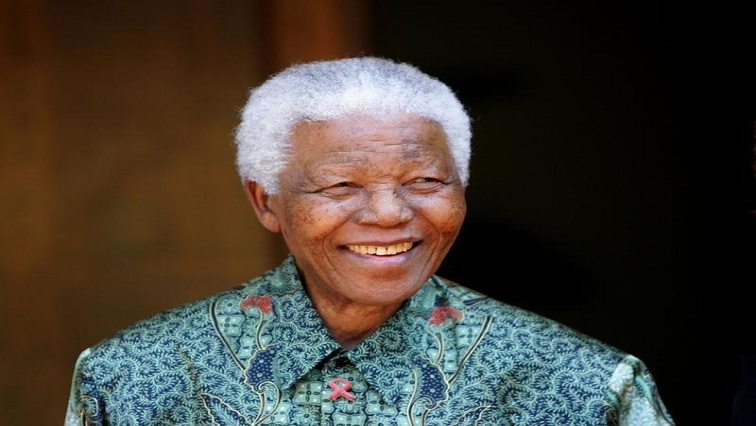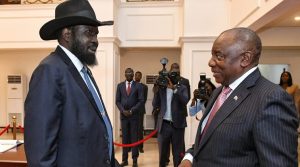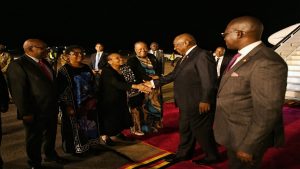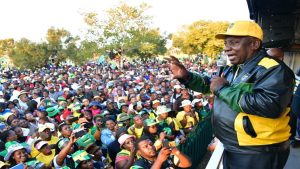As the country celebrates the centenary of former President Nelson Mandela, here a look the things he changed in Parliament making it inclusive.
After spending 27 years in jail, Mandela became the first democratic President in South Africa. He first set foot in the National Assembly on May 9, 1994 to be officially elected as the President.
The late ANC stalwart Albertina Sisulu, who would have turned 100 years this year, nominated Mandela for the Presidency. She was seconded by President Cyril Ramaphosa.
Sisulu said, “Mr Chairman I nominate Nelson Rolihlahla Mandela for election as president thank you.”
Ramaphosa said, “Mr Chairman I rise to second the proposal for the nomination of Nelson Mandela.”
That was the watershed moment which defined his presidency and the values that he stood for.
Parliament was never the same again. The state of the nation address became more inclusive, with ordinary South Africans including children being invited to attend the ceremony. Mandela also brought in Imbongi Zolani Mkiva.
When asked what he remembers about Mandela, Mkiva says, “Parliament has a magnificent bronze bust of Mandela in the centre of the complex, unveiled on April 28, 2014 to commemorate the 20th anniversary of democracy. The bust is in front of the steps of the National Assembly. Its 1.5 metres wide and 2.2 metres high. It was done by the company of Dali Tambo, the son of ANC stalwart and longest serving ANC President Oliver Tambo.”
Dali Tambo says he feels privileged and honoured, “I’ve done many Mandelas, there’s a 6 metre in Ramallah Palestine there’s one at Union Buildings and every time we do a statue of him it’s a great privilege and great honour, because I feel as if we are honouring him the best possible way – knowing that the bust will be there 300 years from now and the story will remind people of the man, it will remind people of the movement the ANC that he lead.”
Parliament’s Curator Lila Komnick explains the significance of the bust, “This is a prime position and I think it gives the right recognition to our former democratic South Africa as we know today.”
The late President also presided over the refurbishment of the eternal flame at Parliament, making sure it honours all South Africans who fought and died for freedom in all wars in the country and across the world.
Mandela’s presidency ended in 1999, but his memories and legacy lives on in every corner of Parliament.






